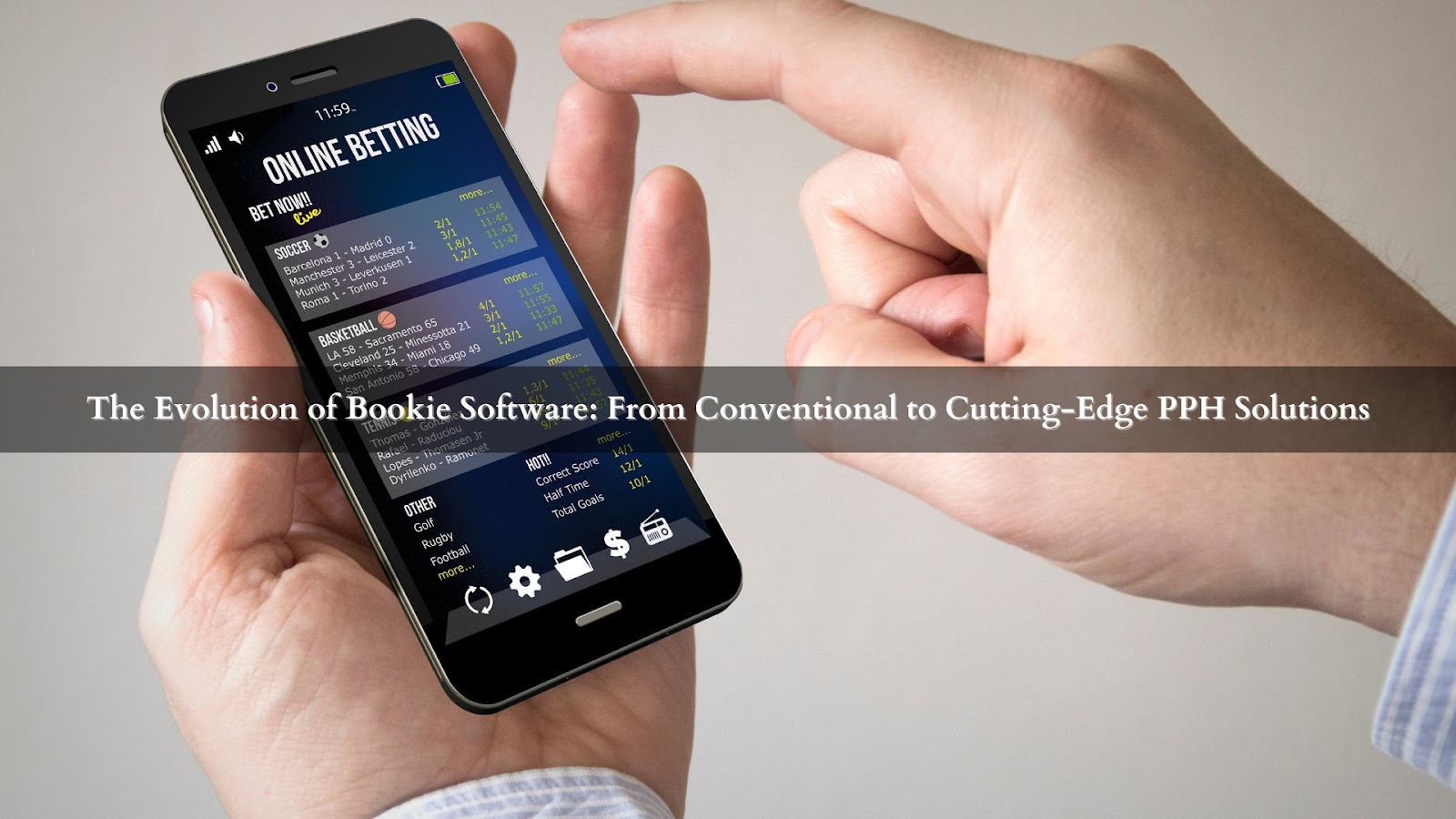Pay Per Head vs. Traditional Bookmaking: A Winning Bet?
In the exhilarating world of sports betting and gambling, two compelling strategies have come to the forefront – Pay Per Head (PPH) services and the time-tested Traditional Bookmaking. Both offer their own unique blend of advantages and drawbacks, akin to two horse racing down the final stretch. Your choice between the two can be the game-changer for your betting operation. So, let's dive deep into the Pay Per Head vs. Traditional Bookmaking showdown, exploring their pros and cons, and find out which one's the real champion.
Demystifying Pay Per Head (PPH)
Pros of Pay Per Head
Cost-Efficiency: Picture this, you only pay when your players are in action. That's the beauty of Pay Per Head. No monthly bills that feel like a relentless opponent.
Accessibility: With PPH, it's like having a virtual casino at your players' fingertips 24/7. Convenience? Check.
Diverse Betting Options: Whether it's football, basketball, or even e-sports, PPH platforms offer a smorgasbord of betting options. More choices, more players.
Risk Management: PPH services often provide you with tools to keep an eagle eye on the game. No more last-minute jitters; you're in control.
Cons of Pay Per Head
Limited Control: The downside? You might have to relinquish some control over odds and betting limits. It's like playing chess but without all your pieces.
Tech Dependency: Just like any online venture, technical hiccups can crop up. Imagine a sudden rain delay in your game plan.
Monthly Fees: While it's cost-effective, monthly fees can still chip away at your profits. Not a deal-breaker, but worth considering.
The Classic Traditional Bookmaking
Pros of Traditional Bookmaking
Full Control: Traditional bookmakers are like orchestra conductors, calling all the shots. Odds, betting limits, and strategies – it's all in your hands.
Personalized Service: Building relationships with your clients is your ace in the hole. Loyal customers are your ticket to long-term success.
Profit Margins: With traditional bookmaking, your profit margins might just be as high as a slam dunk. No compromises on odds, no compromises on profit.
Cons of Traditional Bookmaking
High Operating Costs: Traditional bookmaking can be like maintaining a brick-and-mortar casino, expensive and resource-intensive.
Limited Accessibility: Your reach is limited to your physical location. It's like playing a home game while your opponent gets to travel the world.
Risk Management: Without the advanced risk management tools of PPH, you might find yourself in a tight spot. It's a high-risk, high-reward game.
Now, let's pit Pay Per Head against Traditional Bookmaking and see who emerges as the frontrunner.
Pay Per Head vs. Traditional Bookmaking: The Final Showdown
When it comes to choosing between Pay Per Head and Traditional Bookmaking, here's the playbook:
Your Budget: If you're just starting or have a shoestring budget, PPH is like a friendly coach who doesn't ask for the entire season's fee upfront.
Control Freak or Not?: Do you want complete control over your operation like a head coach calling the plays, or are you willing to share some of the responsibilities with a trusted team?
Tech Enthusiast or Traditionalist: Are you comfortable navigating the virtual terrain, or do you prefer the old-school charm of a physical bookmaking setup?
Building Relationships: How do you envision your clientele? Do you want to build personal connections and offer tailored services, or are you aiming for a broader player base?
Risk-Taker or Risk-Averse: Assess your risk tolerance. Are you comfortable taking calculated risks, or do you prefer a safer game plan?
In the grand finale, both Pay Per Head and Traditional Bookmaking have their trump cards. Your winning strategy should align with your budget, objectives, and your ability to adapt to the game's twists and turns.
Conclusion
In this thrilling match-up, the decision ultimately rests with you. Pay Per Head offers cost-efficiency and accessibility, while Traditional Bookmaking brings the allure of complete control and personal service. It's like choosing between a fast-paced shootout and a strategic chess match.


Comments
Post a Comment